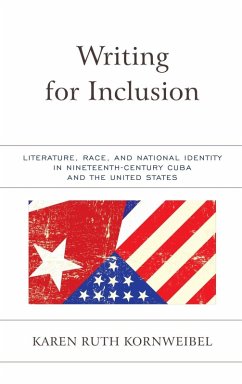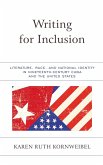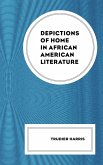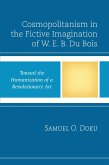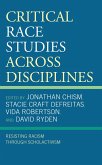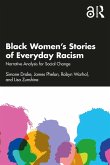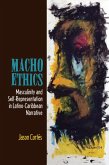Writing for Inclusion is a study of some of the ways the idea of national identity developed in the nineteenth century in two neighboring nations, Cuba and The United States. The book examines symbolic, narrative, and sociological commonalities in the writings of four Afro-Cuban and African American writers: Juan Francisco Manzano and Frederick Douglass, fugitive slaves during mid-century; and Martín Morúa Delgado and Charles W. Chesnutt from the post-slavery period. All four share sensitivity to their imperfect inclusion as full citizens, engage in an examination of the process of racialization that hinders them in seeking such inclusion, and contest their definition as non-citizens. Works discussed include the slave narratives of Manzano and Douglass, Manzano's poetry and play Zafira, andDouglass's oratory and novella The Heroic Slave. Also considered, within the context provided by Manzano and Douglass, are Morúa and Chesnutt's non-fiction writings about race and nation as well as their second-generation "tragic mulata" novels Sofía and The House Behind the Cedars. Based on an examination of the works of these four authors, Writing for Inclusion provides a detailed examination of examples of self-emancipation, the authors' symbolic use of language, their expression of social anxieties or irony within the quest for recognition, and their arguments for an inclusive vision of national identity beyond the quagmires of race. By focusing on the process of racialization and ideas of race and national identity in a comparative context, the study seeks to highlight the artificial and contested nature of both terms and suggest new ways to interrogate them in our present day.
Bitte wählen Sie Ihr Anliegen aus.
Rechnungen
Retourenschein anfordern
Bestellstatus
Storno

